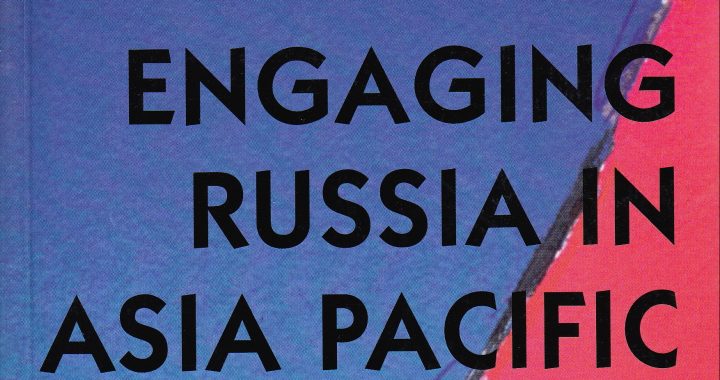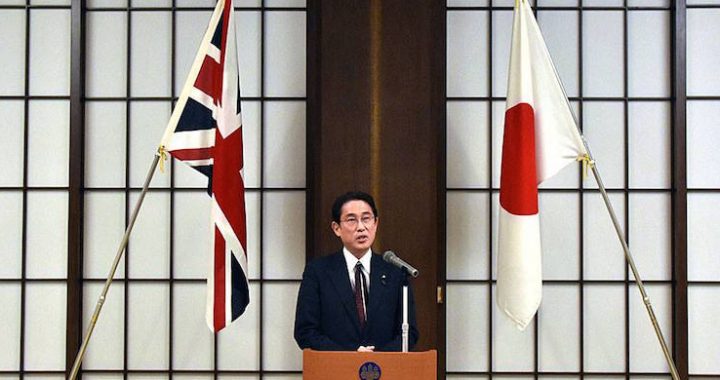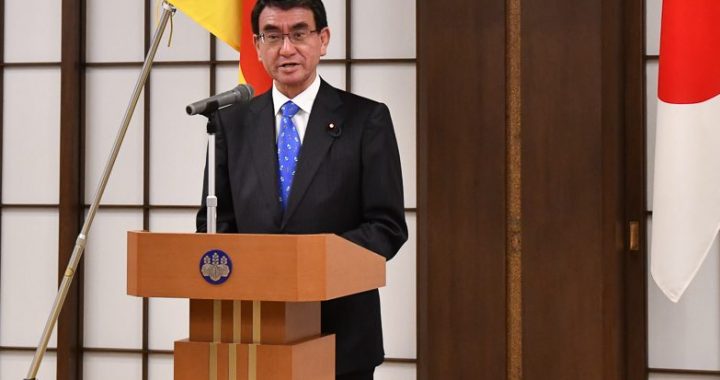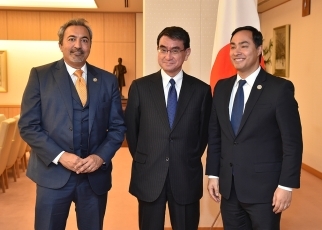JCIE Publications | International Philanthropy Project of the Japan Center for International Exchange
This paper details the history of JCIE’s project, which was created to assist Japanese nonprofit foundations in developing contacts and working relationships with their American and European counterparts; this later expanded to exchange joint projects.
JCIE Publications | Engaging Russia in Asia Pacific

This study suggest how Asian countries could exhibit their commitment to engaging Russia in Asia Pacific, as Russia undergoes a transformation in the post-cold war world.
JCIE Publications | Commemorative Events/Reversion of Okinawa

These papers, presented at a two-day seminar in honor of the reversion of Okinawa, discuss the prelude to the reversion, the decision-making processes in American and Japanese governments, and the postlude to the reversion.
Facilitating Philanthropy Program

The US-Japan Philanthropy Initiative handles charitable donations from US-based individuals and corporations in the manner of a donor-advised fund, accepting recommendations about organizations the donor prefers to support, then conducting due diligence to decide whether to make a grant to the suggested organization or others that advance the aims of the donation.
Global ThinkNet Fellows

The Global ThinkNet Fellows program was launched by JCIE in 1996 in response to the need for more participation by Japanese scholars and researchers in international collaborative policy research and dialogue. The study group projects focused on such topics as the impact of coalition government on the political process in Japan, nonstate actors in international relations, and challenges facing the U.S.-Japan alliance in the 21st century.
Asia Pacific Security Outlook (APSO)

From 1997 to 2005, JCIE sponsored the Asia Pacific Security Outlook (APSO), an annual research project on regional security issues that produced a publication of the same name. The APSO project monitored changing perceptions of countries in the region in regard to their security environment, national defense issues, and contributions to regional and global security.
Vision of Asia Pacific in the 21st Century

This multinational research project brought together a team of young scholars to examine the significant mid-term and long-term challenges facing the Asia Pacific region. The project began with a general assessment of the broad cultural changes affecting the region, and moved on to an examination of specific issues most important to building a peaceful, prosperous, and just region for the 21st century.
UK-Japan 21st Century Group

The UK-Japan 21st Century Group was launched in 1985 at the joint recommendation of British Prime Minister Margaret Thatcher and Japanese Prime Minister Yasuhiro Nakasone. It is a coalition of private sector, public sector, and civil society leaders from both countries that aims to promote dialogue and cooperation between the two countries.
Japanese-German Forum

The Japanese-German Forum was created in 1993 as a private, bilateral dialogue designed to promote mutual cooperation and understanding.
US-Japan Parliamentary Exchange

The US-Japan Parliamentary Exchange Program brings members of the US Congress and Japanese Diet to one another’s countries for a series of intensive dialogues with leaders from a broad range of fields. Participants in the US-Japan Parliamentary Exchange Program have risen to influential positions in their respective countries with an enhanced understanding of the US-Japan relationship.
